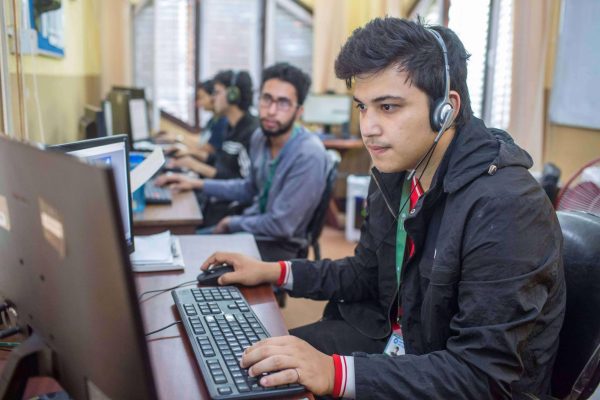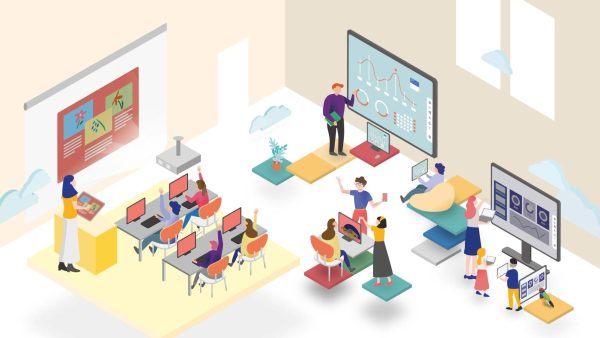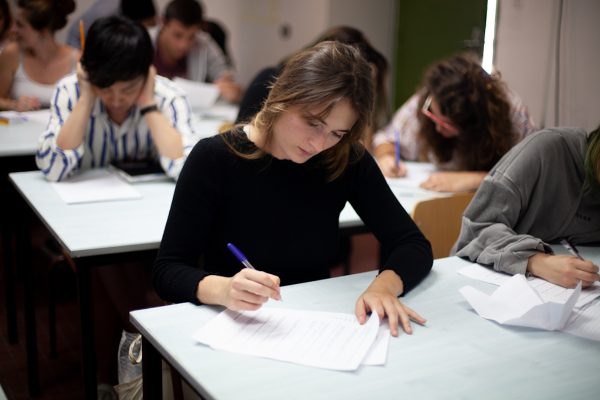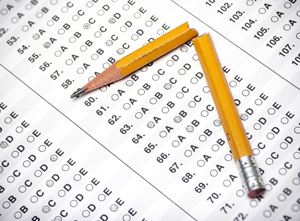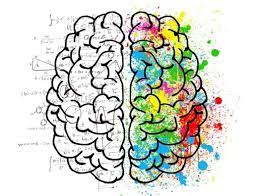Stressful studying? Here’s how to fix it
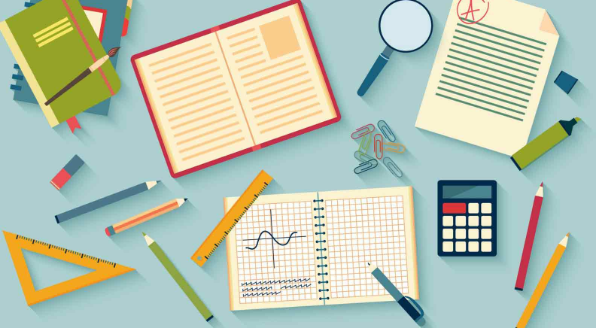
Many high school and college students do not appear to establish an efficient way to study for important upcoming tests and exams. Many students go in determined to absorb some last minute information, but leave defeated and learn nothing. This leaves us with a question: What can we do to study in a more effective way?
It is common knowledge that every person is different. The studying techniques that works for one person might not work for the person sitting next to them. There are an infinite number of methods and combination of methods to try. Methods such as studying at the same time and place, writing notes by hand, studying less and with greater intensity, and practice testing are all useful methods. Each method has benefits and disadvantages but you will not know what works best for you until you try them.
Concentration is a big challenge for most students. By studying in the right place, you combat any distractions that might prevent you from completing the task you set out to complete. It is important to be consistent in where you study and when you study. You will train your brain to understand that when you are in that place at that time, you are there to focus without distractions. Chadron State College in Nebraska says, “You will study better when you study in the same place every day. It’s a mindset. For example, when you sit down at the kitchen table, you expect to eat. When you sit down in an easy chair, you watch TV, etc. Developing the habit of studying in the same place at the same time every day will improve your concentration.”
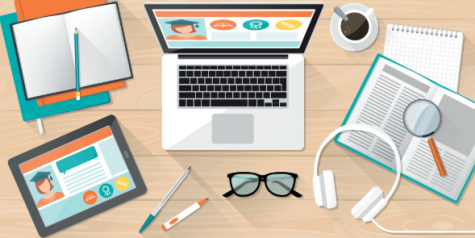
Writing out notes by hand during class is another effective method of studying. The time it takes you to listen to what is said and then repeat it on paper, allows your brain the time completely take in the material. “Yes, writing by hand may seem like an old-school method of studying, but it forces your brain to slow down and contemplate what you’re being taught. It also keeps you from getting distracted by your laptop. It’s true that those who type their notes generate more overall words, but those who write them out by hand learn concepts more effectually.” Says James Link, an executive director of enrollment services at Cornerstone University.
A more uncommon method among students is to study for shorter amounts of time but with greater intensity. If a student is able to put their phone aside for a brief amount of time, and focus only on the material in front of them, they will get more done in less time. With this method, you will retain more information in less time. Edward Kang, an instructor at Northwestern University gave the example, “A student who takes steps to solely focus on AP Biology has a high-intensity of focus – a 10. Though she spends only an hour studying, she accomplishes more than her distracted classmate did in 3 hours.”
A final method to try is the practice testing method. Practice testing allows you to test your own long-term memory before the exam. Not do you test your long-term memory with this method, but you also build pathways to the answers and can access them faster and easier when it comes to the exam. You can get more information about this method in this article: https://www.studyinternational.com/news/5-best-ways-to-study-according-to-psychologists/
There are several methods of studying that go unmentioned that may be more or less effective depending on the person. These methods are only a few that fellow students tried and found to work for them. Now that you have some new studying techniques, try to switch up your studying routine and find the method that works for you.

Eva Johnson is a senior, is a part of the Varsity Water Polo team and enjoys reading, sailing, and pretty much everything else outdoors.
